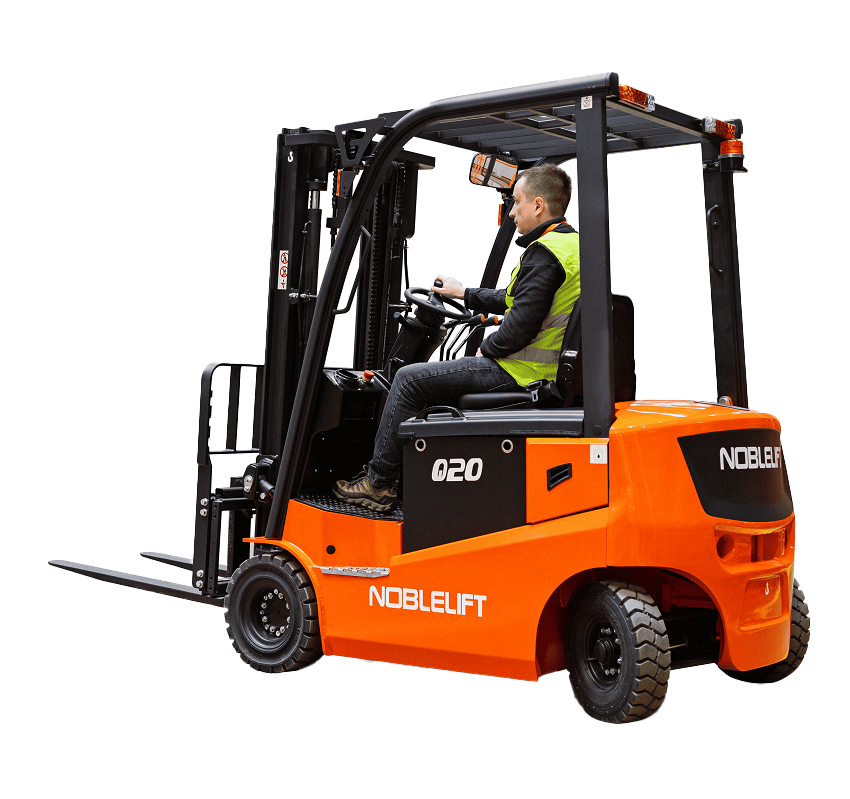Common Forklift Mistakes and How to Avoid Them
Forklifts are essential tools in many industries, from warehousing to construction. However, improper use can lead to accidents, injuries, and costly damages. Understanding common forklift mistakes and how to avoid them is crucial for maintaining a safe and efficient workplace. Here are some of the most frequent errors and tips on how to prevent them.
1. Lack of Proper Training
One of the most significant mistakes is operating a forklift without adequate training. Untrained operators are more likely to make errors that can lead to accidents. Employers should ensure that all forklift operators receive comprehensive training and certification. Regular refresher courses can also help keep skills sharp and up-to-date.
 ForkLift | China Manufacturer Trade price on Materials Handling Fork-lifts Truck, Stackers, Industrial vehicles, Scrubbers, Transporters Sale Buy Online | forklift
ForkLift | China Manufacturer Trade price on Materials Handling Fork-lifts Truck, Stackers, Industrial vehicles, Scrubbers, Transporters Sale Buy Online | forklift2. Overloading the Forklift
Exceeding the forklift’s weight capacity is a common mistake that can cause the vehicle to tip over or lose control. Always check the forklift’s load capacity before lifting and ensure that the load is evenly distributed. Using a forklift scale can help operators avoid overloading.
3. Poor Maintenance
Neglecting regular maintenance can lead to mechanical failures and accidents. Forklifts should undergo routine inspections to check for issues such as worn tires, faulty brakes, and leaking fluids. A well-maintained forklift is not only safer but also more efficient and cost-effective in the long run.
4. Ignoring Safety Protocols
Safety protocols are in place for a reason, yet they are often overlooked. Operators should always wear appropriate personal protective equipment (PPE), such as helmets and high-visibility vests. Additionally, following speed limits, using seat belts, and adhering to designated forklift routes can significantly reduce the risk of accidents.
5. Improper Loading Techniques
Incorrect loading techniques can lead to unstable loads and accidents. Operators should ensure that loads are secure and balanced before lifting. It’s also important to use the correct attachments for different types of loads. For example, using a drum attachment for cylindrical objects can prevent them from rolling off the forks.
6. Inadequate Communication
Poor communication between forklift operators and other workers can result in accidents. Using hand signals, horns, and other communication tools can help prevent misunderstandings and collisions. Employers should also establish clear communication protocols and ensure that all workers are familiar with them.
7. Operating on Uneven Surfaces
Driving a forklift on uneven or unstable surfaces can cause it to tip over. Operators should avoid rough terrain whenever possible and use forklifts designed for outdoor use if necessary. Additionally, ensuring that the work area is clean and free of obstacles can help prevent accidents.
8. Fatigue and Distraction
Operating a forklift while fatigued or distracted can be just as dangerous as driving a car under the same conditions. Employers should encourage operators to take regular breaks and avoid using mobile phones or other distractions while operating the forklift.
Conclusion
By understanding and addressing these common forklift mistakes, employers can create a safer and more efficient workplace. Proper training, regular maintenance, adherence to safety protocols, and effective communication are key to preventing accidents and ensuring the smooth operation of forklifts. Remember, safety should always be the top priority.